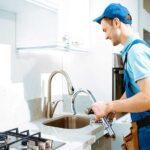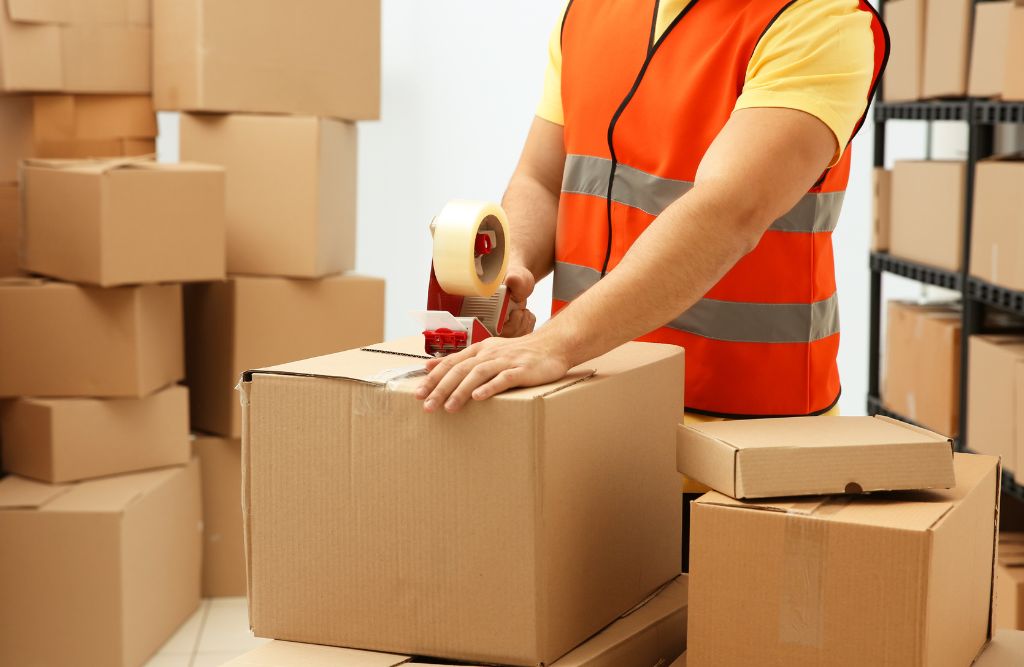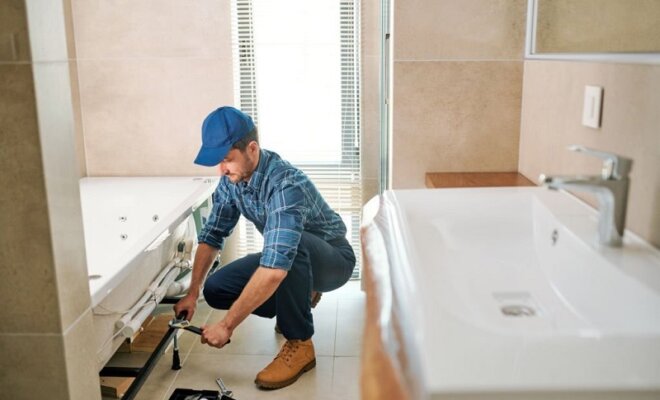Plumbing is akin to the veins in a living organism. It directs your home’s lifeblood–water–through a series of pathways, culminating in an efficient drain system that assists you daily. Underestimating the importance of regular maintenance can result in expensive and unforeseen repairs. Like other aspects of a home, the drainage system needs consistent maintenance to prolong its lifespan and sustain its functionality.
Failing to preserve an effective drain network can trigger a range of problems, from minor inconveniences to major problems. It can lead to pipe damage, resulting in unexpected costs for the homeowner. Furthermore, ignored maintenance can also lead to health hazards such as fostering bacteria or mildew, exposing residents to risk. This underscores the necessity of regular drain preservation as a preventive measure that helps homeowners avoid undesirable scenarios.
The Fundamentals of Drainage
Drainage is a scientifically guided process that relies on gravity and constructing pipelines with strategic downward tilts to channel water to its destination. Understanding the mechanism of drainage is instrumental for homeowners to appreciate the significance of proper functioning. In a typical Australian home, numerous drains form a complex network that ensures efficient waste disposal and regulates the circulation of water.
The bathroom, kitchen, toilet, and rainwater drain all play vital roles in directing waste and water away from the house. Inefficient draining due to lack of maintenance can adversely affect the hygiene, comfort, and overall health of the residence. Properly functioning drains are, thus, not a luxury but a necessity for hassle-free living.
Signs of Drain Neglect
Several indicators may signal a neglected drain. For example, slower than usual draining signifies a developing blockage that can escalate to a complete clog if left unattended. Similarly, foul smells emanating from drains usually point to trapped waste material that has started to decompose. Regularly observing your drains for such signs is your first line of defense in maintaining a healthy drainage system.
Clogs result from an accumulation of solid materials while foul smells usually indicate stagnant water or waste. Slow drainage could also be a sign of pipe damage or obstructed vents, which may necessitate professional assistance. Delaying response to these signs can exacerbate the problem, leading to more significant, costly damage and possible health hazards.
Pitfalls of Neglected Drain Maintenance
The pitfalls of neglected drain maintenance are numerous and can be severe. For instance, blocked drains can put undue pressure on the pipes, leading to splits and cracks. These damages, in turn, may necessitate costly repair procedures. Furthermore, neglected pipes can cause water backups, leading to flooding, water damage, and mold growth, which are potential health risks.
In a worst-case scenario, neglected drain maintenance might lead to severe pipe damages resulting in sewage backups. This can create an unhealthy environment, detrimental to the residents’ safety and well-being. Hence, regular drain maintenance not only ensures the appropriate functioning of your drainage system but also guards against potential health hazards.
The Art of Drain Maintenance
Contrary to popular belief, maintaining your drain system doesn’t require state-of-the-art tools or specialized knowledge. It involves basic steps such as cleaning drain stoppers regularly, being mindful of what goes down your drain, and avoiding harsh chemical drain cleaners. Additionally, occasional professional inspections can help identify and resolve potential drain issues before they become larger problems.
The benefits of professional inspections are manifold, as they can spot early warning signs that homeowners may overlook. Moreover, simple DIY techniques such as regular flushing with hot water can help detach stubborn waste particles, preventing clogs. Occasionally using a manual snake or a plunger can help dislodge minor blockages. It’s important to remember that preventive care is often less strenuous and less costly than reactive repairs.
Environmental Impact of Drain Maintenance
Drain maintenance isn’t just about keeping your home safe and healthy. It also has broader implications for the environment. Ensuring proper drain functioning helps minimize potential pollutants entering our water bodies, contributing positively to the global goal of sustainable living. A properly managed drain can deter harmful substances from contaminating groundwater, thus protecting marine ecosystems.
By preventing hazardous chemicals and waste from infiltrating the environment, homeowners contribute to minimizing global pollution. Additionally, the use of eco-friendly drain cleaners and maintenance strategies contribute positively to the environment. Therefore, regular drain maintenance isn’t only an individual responsibility; it’s also a step towards collective environmental stewardship.
Choosing the Right Professional for Your Drain Maintenance
Choosing the right professional for your drain repairs requires careful consideration. Look for professionals with the right qualifications, solid recommendations, and ample experience in the business. In the Australian market, it’s essential that your chosen plumber is fully licensed and insured, as this guarantees a level of professionalism and protects you in case of unforeseen problems.
Look for plumbers who are members of professional organizations such as the Master Plumbers Association of NSW or the Plumbing Industry Commission (PIC). These memberships indicate a commitment to industry standards and regulations, providing an additional layer of assurance. Additionally, while not mandatory, positive customer reviews and testimonials can provide valuable insight into a plumber’s work quality, reliability, and customer service.
Maintenance Tips for Different Types of Drains
While the fundamentals of drain maintenance remain the same, different types of drains may require specific attention. For kitchen drains, be mindful of what you dispose of in the sink. Avoid letting food scraps or grease go down the drain as they can easily cause blockages. Similarly, in the bathroom, regularly clean out the hair and soap residues from your drains to prevent clogs.
Meanwhile, for outdoor drains, ensure they are free from leaves, soil, and other debris, especially during a storm or heavy rain. Regular inspection and cleaning will ensure these drains effectively carry water away, preventing flooding or water damage. And for bathroom and toilet drains, avoid flushing anything besides bathroom tissue, as other items can easily lead to blockages.
The Future of Drain Maintenance: Technology and Innovations
The future of drain maintenance looks promising with the advent of new technology and innovations. For instance, Australian homeowners can now take advantage of technologies such as video pipe inspections, which allow professionals to inspect drains using a flexible camera. This can help identify potential problems such as blockages, leaks, or structural issues, negating the need for invasive and costly exploratory procedures.
Other innovations include smart drain systems and drain sensors. These not only alert homeowners to potential blockages or leaks but also help save water by eliminating unnecessary drainage. Such technology and innovations make it simpler and more efficient for homeowners to maintain their drains, pushing us towards a future where drain difficulties might be a thing of the past.
Conclusion
In conclusion, the importance of regular drain maintenance cannot be overstated. It is critical for the smooth functioning of your home, for your pocket, and for the environment. Regular drain maintenance acts as preventive care, helping you avoid the challenges and costs associated with drain neglect.
So, keep an eye out for potential signs of trouble, adhere to best practices for different types of drains, embrace new technological advances, and never hesitate to call in the professionals when necessary. The future of drain maintenance is in our hands; let’s make it a future free from costly, stressful drain repair struggles.










